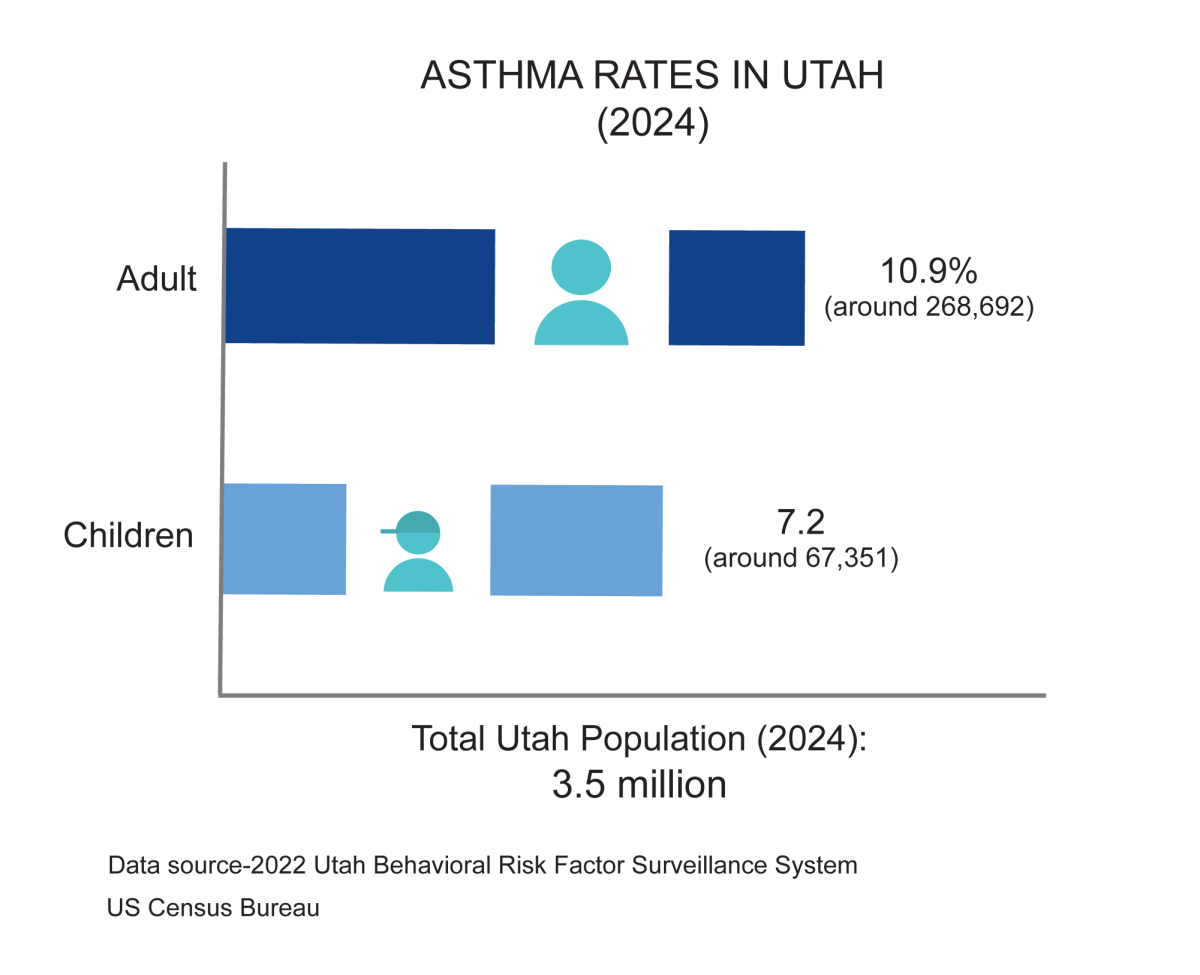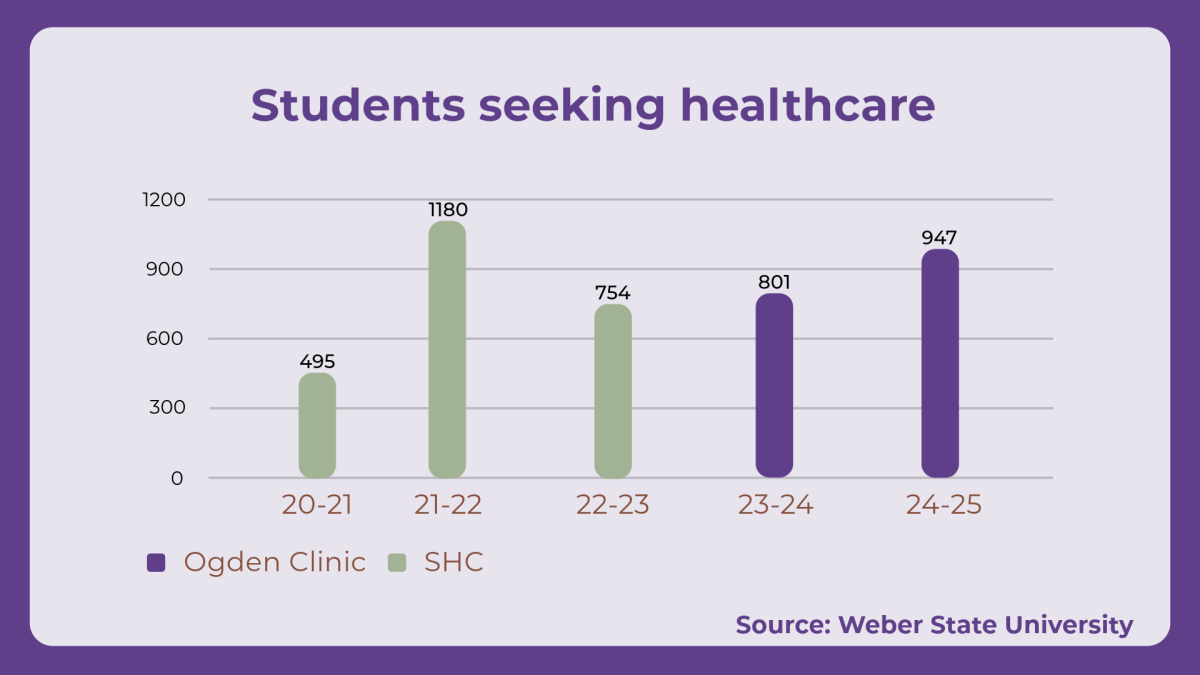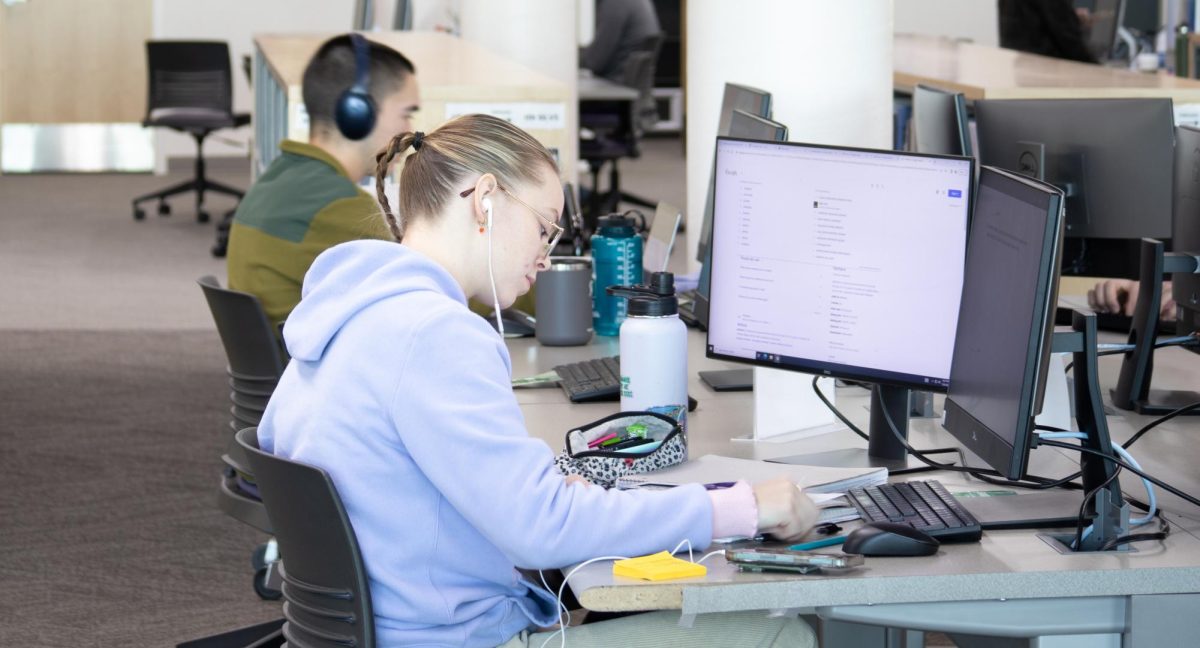Genetics professor Scott Williams at Dartmouth College’s Geisel School of Medicine has made two discoveries: First, a person can have several DNA mutations in parts of his or her body and still have his or her original DNA intact in the rest of the body, which will result in several different genotypes in one individual. Second, some of the same genetic mutations occur in unrelated people.
It has been universally accepted that a person’s DNA is unique, so if an individual can have more than one genotype, this may alter the scientific concept of what it means to be an individual. This new discovery could also alter the role of DNA analysis in forensics, criminal investigations, paternity testing and genetic screenings for breast cancer risks.
Williams’ results also indicated that genetic mutations do not always happen at random, as scientists previously thought.
Having multiple genotypes from mutations in a body is somewhat comparable to chimerism, a condition where one person has cells inside his or her body that originated from another person. Chimerism has resulted in some interesting cases, including one where a mother had genetic testing done that proved she was not related to two of her three biological sons.
If human DNA mutates in patterns rather than randomly, and if such mutations can match among unrelated people, or if those mutations only happen in parts of the body in an individual, how will this impact medical care and the general understanding of what it means to be human? Researchers hope to answer these questions with ongoing research.
Information compiled from ScienceDaily.com.













